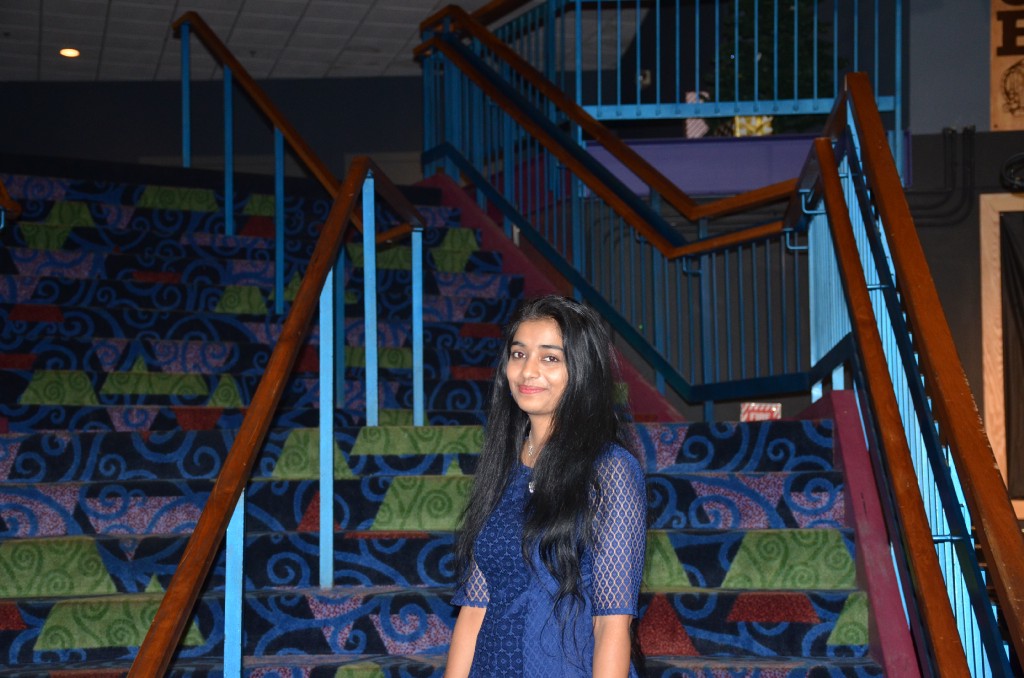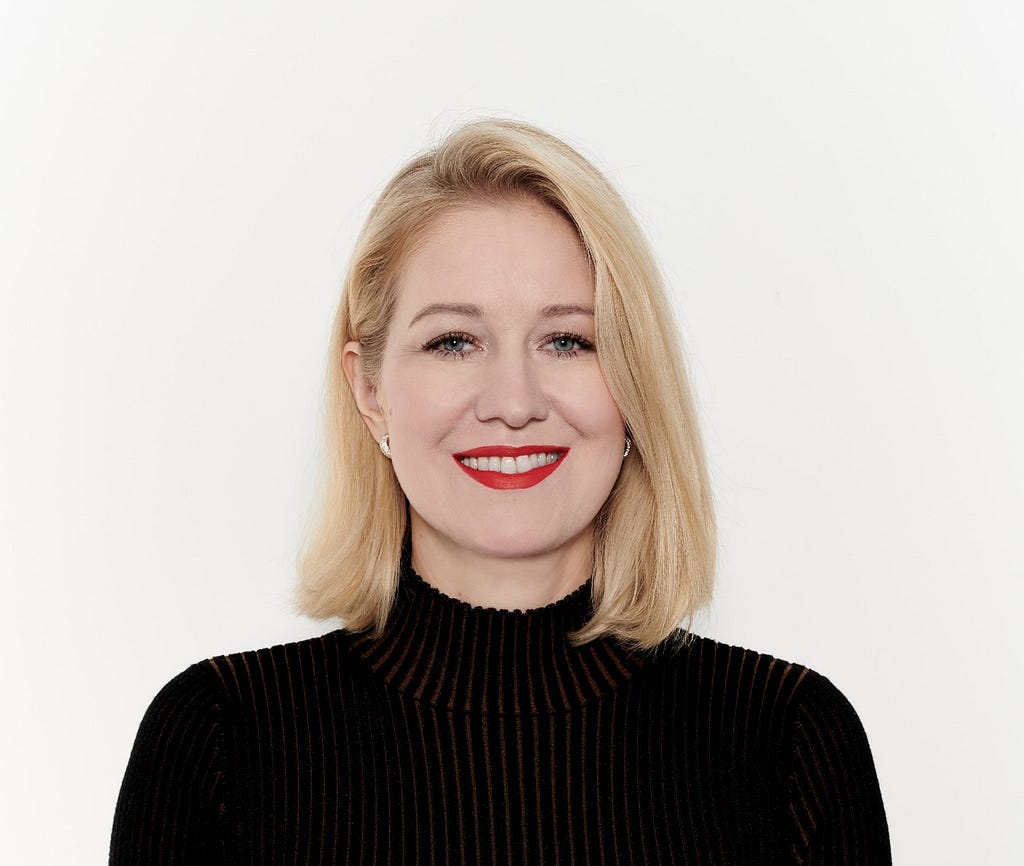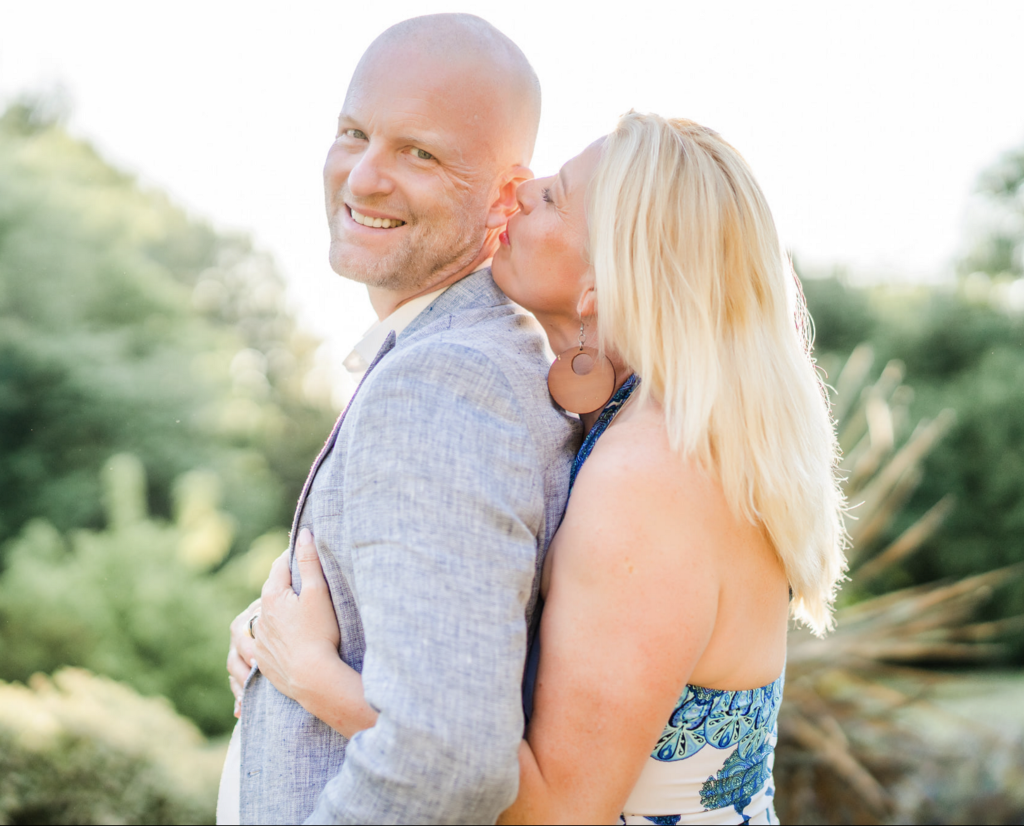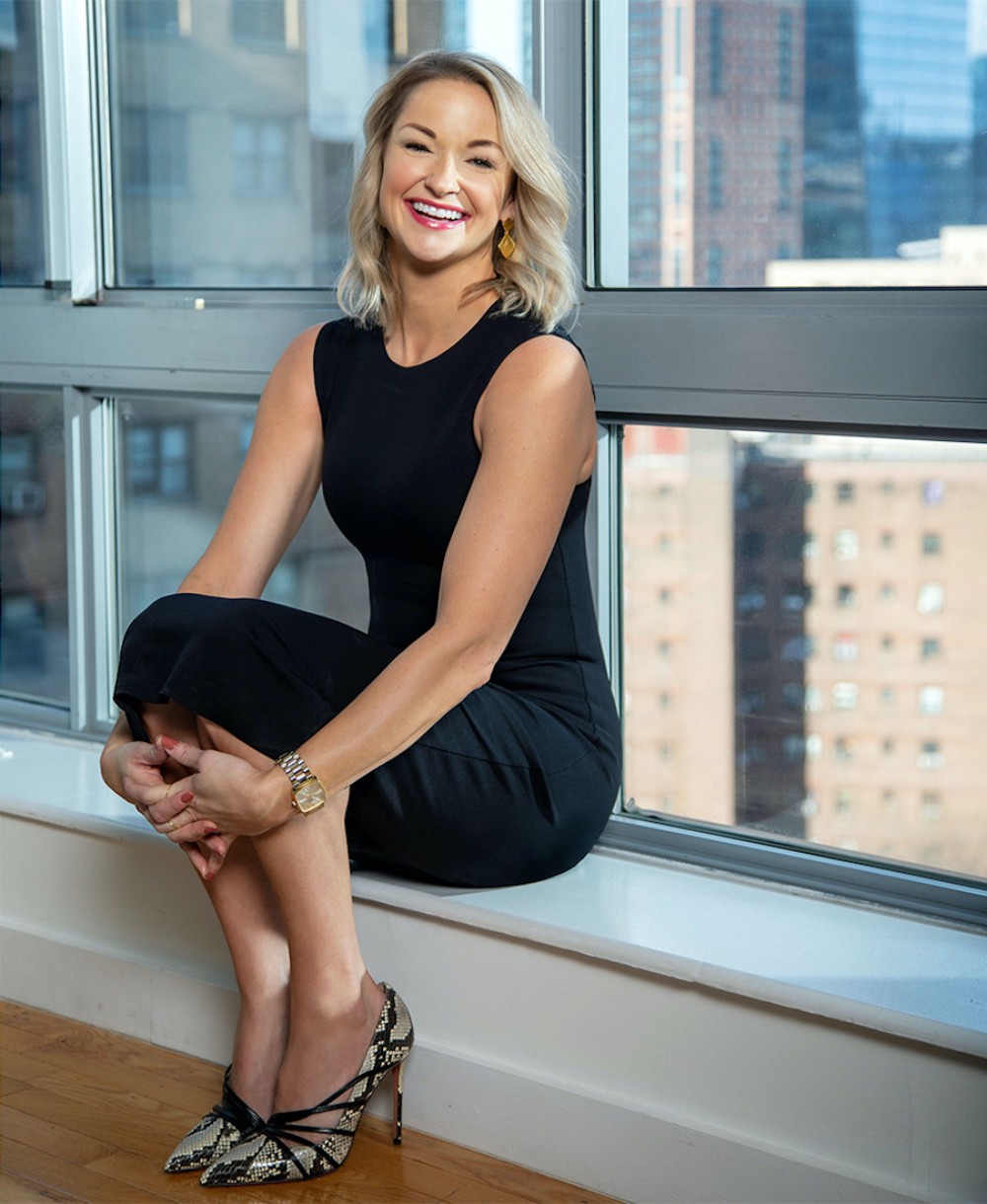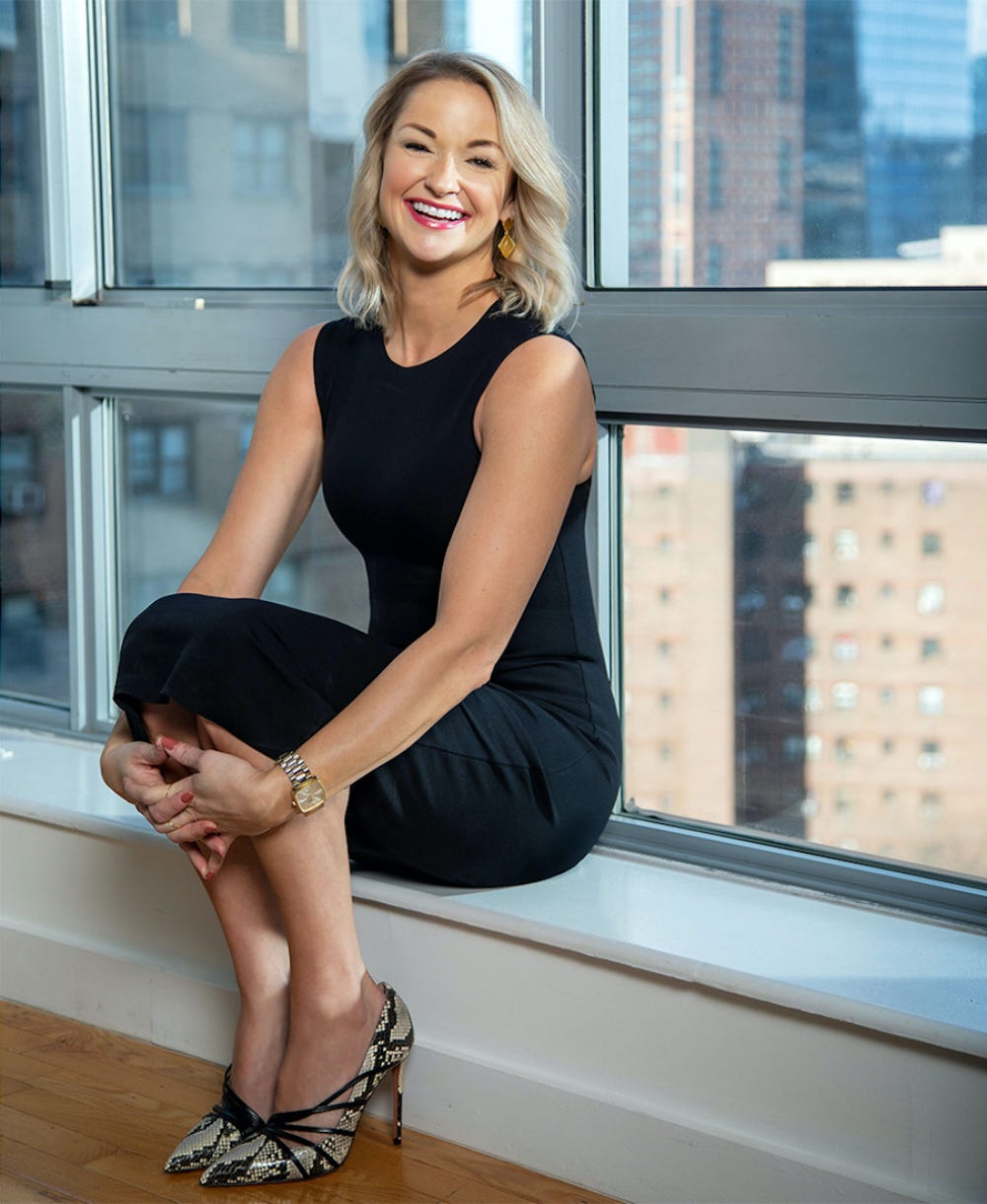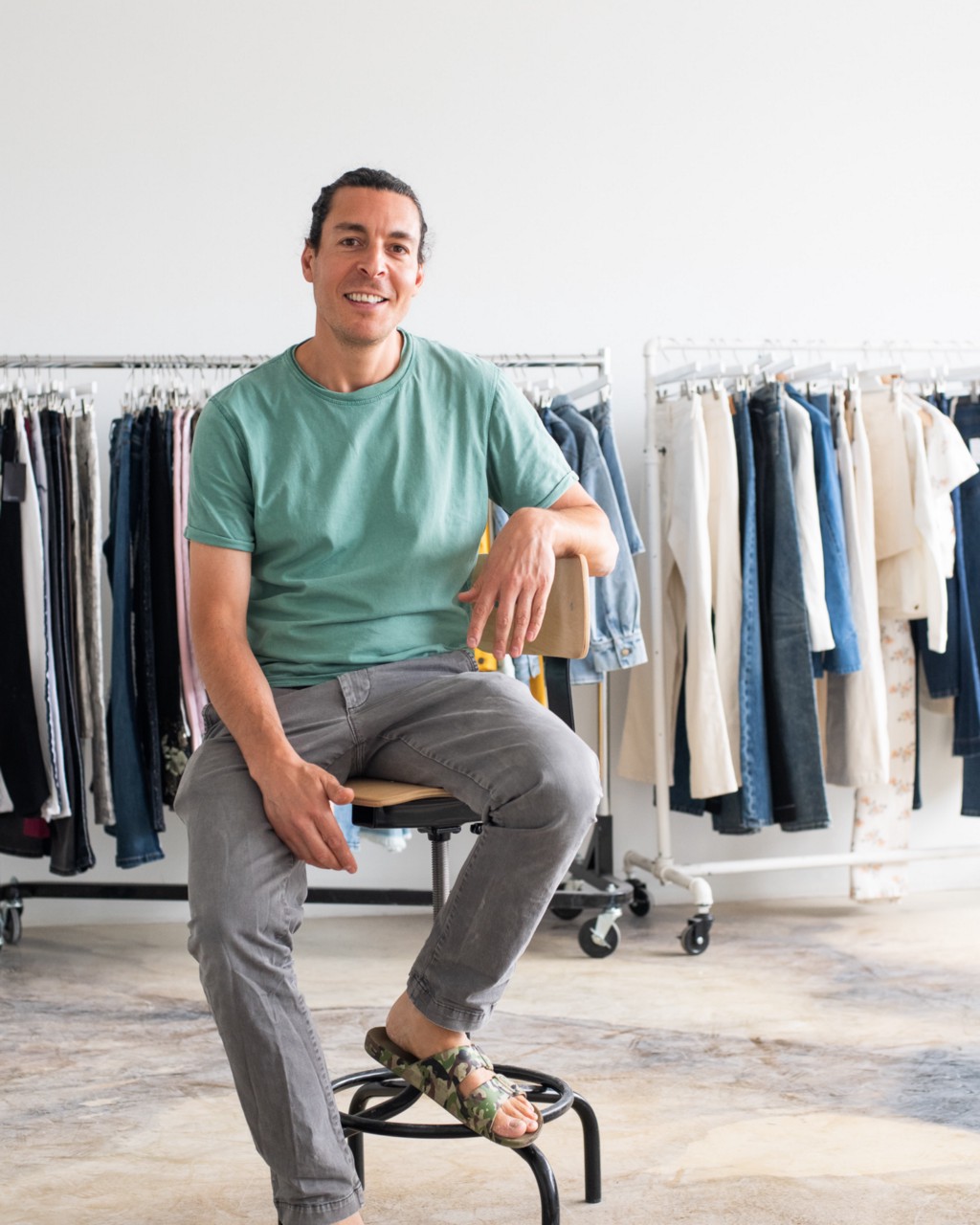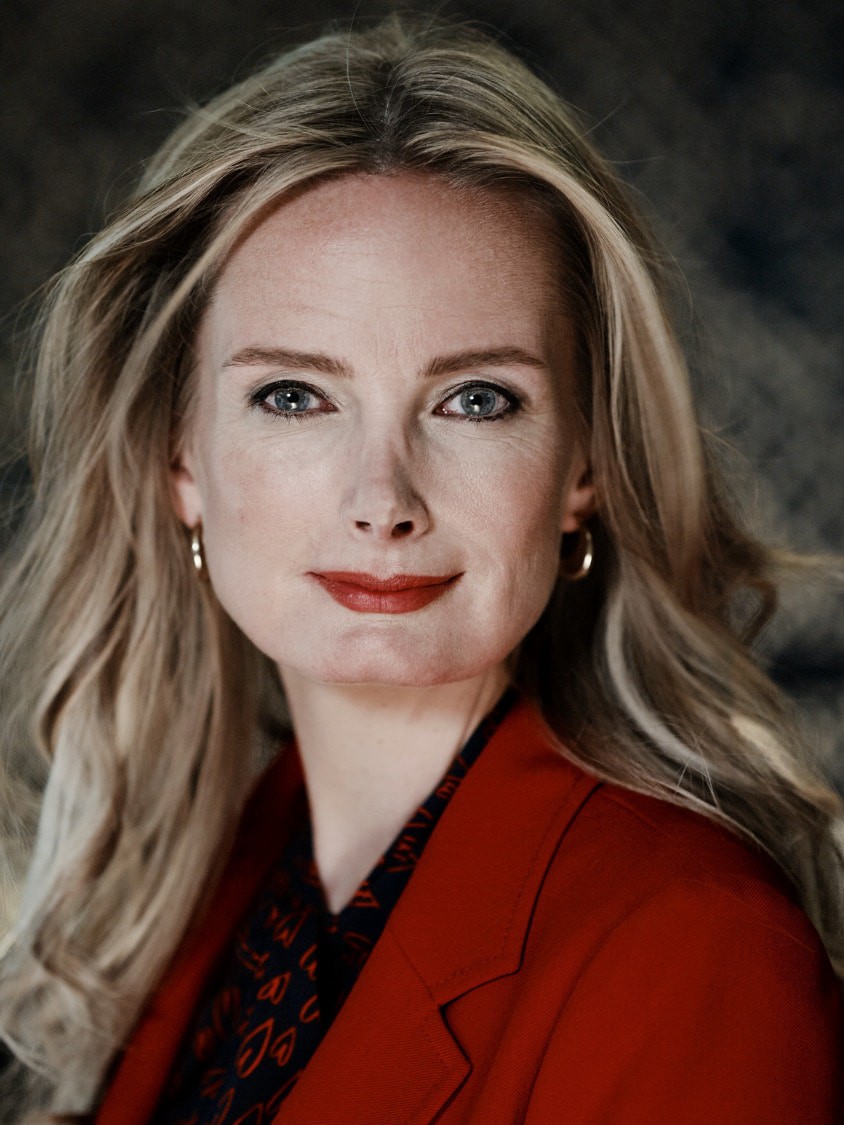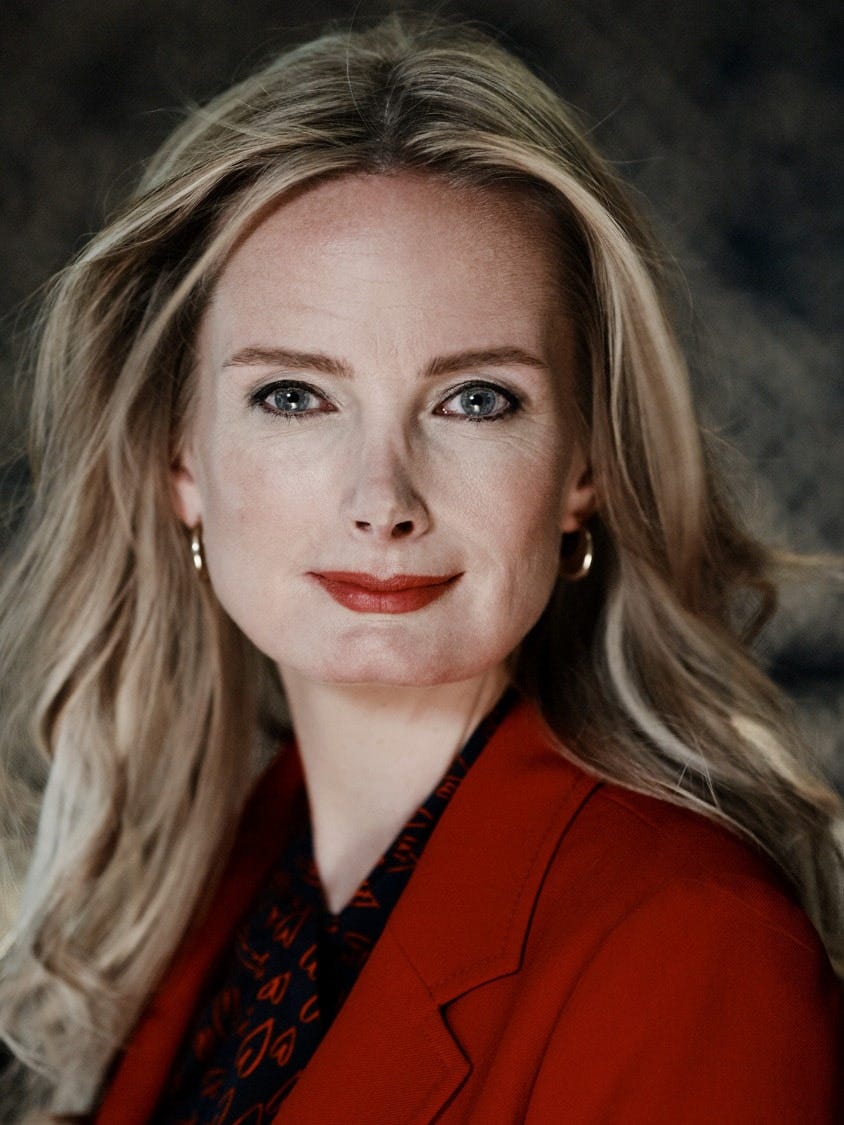Inspirational Women in STEM and Tech: Roja Boina of Evernorth On The 5 Leadership Lessons She Learned From Her Experience
An Interview With Candice Georgiadis
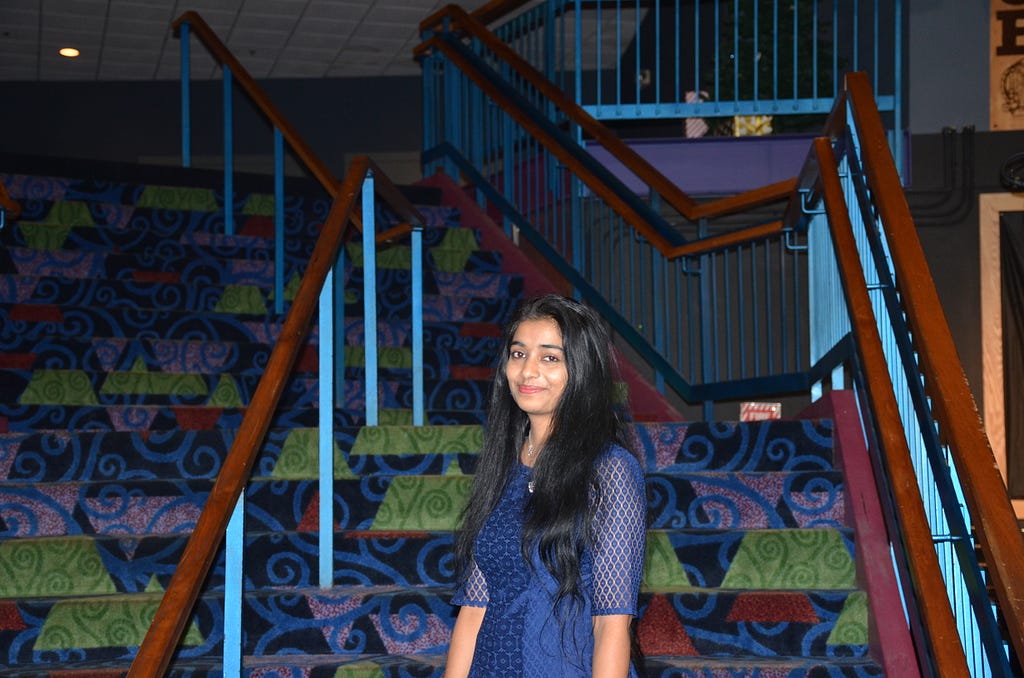
Know yourself first : Always know yourself first. Know your skills, strengths, passions , triggers and try to understand your own value and what you bring to the table. By doing this reflection it helps to build better relationships, do more purposeful work and helps you to accomplish great things.
As a part of my series about “Lessons From Inspirational Women in STEM and Tech”, I had the pleasure of interviewing Roja Boina.
Roja Boina is a Software Engineering senior Advisor .She is Originally from India and has come to the US to pursue her masters in computer science. She is a data enthusiast and as an Engineering Senior Advisor for a Health Care Domain, she has skill-set to provide data-driven solutions to business users .She takes pride in her get-it-done with a high-quality product spirit. She loves defining requirements, designing, developing, testing, and delivering backend applications. She likes to communicate data through Visualizations.She is very passionate about being a Women in Tech Advocate and being a part of WIT communities. Apart from her 9–5 she loves to volunteer for non-profits and mentor the fellow women in stem.She believes in a growth mindset.
Thank you so much for doing this with us! Can you tell us a story about what brought you to this specific career path?
Growing up in a small town in India, I had no idea how my career would unfold. I studied computer science as an undergraduate. I easily secured employment post-graduation in an independent testing company in Hyderabad, one of India’s technology hubs. However, the role was largely process oriented and mundane. I had always sought a challenge both academically and professionally and decided to apply to graduate schools in the United States.
Thanks to my strong undergraduate academic performance, I was easily able to secure admissions in several competitive universities, and decided to complete my Masters in Computer Science at the University of New Haven with support from a generous scholarship.
Data carriers were on a rise and being an immigrant I thought entering into a growing industry like this is more likely to open doors for many new opportunities. Hence after graduating , I have joined a healthcare giant as a consultant. While working there, I have recognized my passion for working and solving the problems with data. I have been able to combine my strong foundation in computer science and my passion for working with and solving problems through data.
By working in the healthcare domain on various projects, I have gained knowledge on developing BI solutions and data-driven insights into decision making. I also improved my teamwork and communication skills by interacting with stakeholders from cross-functional teams to understand and analyze technical and functional requirements, dependencies, and potential roadblocks. I am now confident in communicating ideas and solutions with both technical and non-technical audiences through my strong storytelling capabilities.
Can you share the most interesting story that happened to you since you began at your company?
I have initially worked as a consultant(Tableau Developer) when I started my career. I am glad that in the last 4 years, people have identified my willingness to learn , grow and have given me incredible opportunities to work on some of the leading technologies . During this time I have recognized that working with the smartest brains is the easiest , fastest way to learn things and I am glad to have got the opportunity to work along with a few of the smartest people.. After three years of working through various tools , technologies and gaining domain knowledge I was hired as Software Engineering Senior Advisor which has opened doors for me to grow further in my career.
Ok super. Thank you for all that. Let’s now shift to the main focus of our interview. Are you currently satisfied with the status quo regarding women in STEM? What specific changes do you think are needed to change the status quo?
None of us should be satisfied with the status quo regarding the gender pay gap that exists within STEM. Women earn 82 cents for every dollar a man makes and one in four women are considering leaving their workforce or downshifting their careers during the pandemic.
We all have a part in this to make the change happen. At a personal level, women shouldn’t be accountable for the majority of the unpaid household labor, child care and family responsibilities. There must be an equal division of work at home.
At the corporate level it’s important to not only hire the women but also retain them by providing flexible work options, providing educational and job-training opportunities and also promoting the right talent . Often women are praised for the sacrifices they make for their families , rather we should build solutions so that women can choose not only the career but also the life they want without having to sacrifice on their personal lives and time.
In your opinion, what are the biggest challenges faced by women in STEM or Tech that aren’t typically faced by their male counterparts? What would you suggest to address this?
According to a Harvard business review the standard for parenting is different for both men and women and it is the most devastating effect for promotion . It’s almost like re-climbing the corporate ladder when you return from maternity leave. Often a woman will never know if she isn’t promoted because of the parenting bias.
The intense difficulty of a work schedule that is not compatible with men or women would lead to women leaving the workspace all together. Though it is a bias & workplace inflexibility it leads to this decision of her unwillingness or inability to do the job.
To resolve this , we should reconsider what we are willing to allow the workspace to demand from employees. As individuals , families push back against the overwork that will pave for others to follow .
Also there must be an equal responsibility and sharing of the work when it comes to parenting and household responsibilities.
What are the “myths” that you would like to dispel about being a woman in STEM or Tech. Can you explain what you mean?
People skills are not as important as technical skills: people skills are equally important as technical skills.Communication, curiosity, critical thinking are equally important as technical skills.Part of this problem stems from the fact that soft skills are harder to measure than technical skills.
It’s easier to determine if someone can build an app than if they can navigate organizational politics. In the first case, there is a tangible product. In the second, the outcome is intangible, changeable, and depends on many factors.
People think you should be only mentored by women within the stem, but it’s equally important to have both men and women as mentors as it helps to see the different perspectives and to grow relationships that will accelerate your career.
What are your “5 Leadership Lessons I Learned From My Experience as a Woman in STEM or Tech” and why. (Please share a story or example for each.)
Know yourself first : Always know yourself first. Know your skills, strengths, passions , triggers and try to understand your own value and what you bring to the table. By doing this reflection it helps to build better relationships, do more purposeful work and helps you to accomplish great things.
Network is net worth : find both mentors and sponsors in your career. It is so crucial to have people not only to guide you but also who can advocate for you and say your name in a room full of opportunities. It is important to spend time building meaningful connections throughout your career as it helps with career advancement opportunities, strategy and introduces you to important people within and outside of the company.
Have a strong purpose and identify what success means to you : Most of us tend to do well on the days we feel good, but for one to keep going forward despite the situation, circumstances and adversities, it is important to have a strong sense of purpose and Everyone’s definition of success looks different in their career, identify what it means to you, so you can start taking action to bring that success into your life.
Advocate for yourself : Because most times people do not know what you want, be it a raise , promotion or working on a different technology completely. Ask for what you want, it is important to communicate.The best way to get what you want is to ask for it.
It’s not about the goals themselves : Reaching any goal is only a small part of the reward but the person you ‘ve become along the way is the greatest reward.
What advice would you give to other women leaders to help their team to thrive?
Communicating the vision and strategy to the team clearly — It’s important for you to not only understand the vision, but also be clearly able to communicate and explain the vision you hold to others so they can understand and work on it.
Adapt to the challenges put in front of you: There’s no denying that change is uncomfortable but if you’re not willing to at least try to navigate the uncharted territory that’s ahead of you, you’re more likely to be left behind.
Stop believing your mistakes are setbacks — start seeing them as necessary steps for growth : Mistakes are proof that you are trying , they are proof that you’re taking action towards something challenging . This kind of mindset work is so important when you are looking to advance in your career.
None of us are able to achieve success without some help along the way. Is there a particular person who you are grateful towards who helped get you to where you are? Can you share a story about that?
Definitely my family, from the place where I come from and I grew up even at this age and time people still consider it’s important for girls to get married early and you aren’t considered settled unless you are married. I am extremely thankful that my family has prioritized my education and when I thought of moving to the US to pursue masters they have agreed to it.
There are so many people that have directly influenced me throughout my career, it’s difficult to choose just one person. I am so grateful to everyone that has taken a chance on me, saw my value. Being an immigrant it’s really challenging to navigate your career without the right sponsors and mentors. I am thankful for all my mentors and sponsors in my career.
Also last but not the least I am thankful for myself too, for showing up on the days when it was not easy and pushing myself to do the work when it was not easy.
How have you used your success to bring goodness to the world?
I am “paying it forward” . I have amazing mentors, sponsors in my career who helped me navigate to where I am today.
I am very passionate about being a Women in Tech Advocate and being a part of WIT communities. I actively participate in mentoring , volunteering activities and pay it forward by sharing the knowledge that I have been shared with.
If you could inspire a movement that would bring the most amount of good to the most amount of people, what would that be? You never know what your idea can trigger. 🙂
Lately I have been reading a lot of books on psychology and neuroscience . I sure would love to have a movement that would help build habits that drive results, help people stay focused and allow them to do deep work without getting distracted ( in a world where it’s so easy to get distracted ).
Also,If I haven’t received a decent scholarship I am unsure if I would have pursued my Masters.Education is something that must be easily accessible to each and every single person . I always wish quality education- graduate, undergraduate degrees from reputed universities are available for free of cost and one need not worry about paying debt .
Can you please give us your favorite “Life Lesson Quote”? Can you share how that was relevant to you in your life?
It’s more of a statement rather than a quote that I tell to myself — “In a world where you can be anything, be and stay true to yourself” . Culturally there are so many things that I have learnt growing up.It needed a lot of work and energy to unlearn some of them that wouldn’t serve me to grow as a person.
I constantly remind myself just because that’s how things have been for a long time doesn’t mean they are right or just because everyone else is doing it doesn’t mean you have to do it too.I apply it both to my career and personal life. Always have some alone time to reflect on what you want and what brings you peace and joy . It is utmost important to me.
We are very blessed that very prominent leaders read this column. Is there a person in the world, or in the US with whom you would love to have a private breakfast or lunch with, and why? He or she might just see this if we tag them 🙂
Definitely Sheryl Sandberg . I have admired her work throughout the years andI love her quote “We need women at all levels, including the top, to change the dynamic ,reshape the conversation ,to make sure women’s voices are heard and heeded ,not overlooked and ignored”
Thank you for these fantastic insights. We greatly appreciate the time you spent on this.
Inspirational Women in STEM and Tech: Roja Boina of Evernorth On The 5 Leadership Lessons She… was originally published in Authority Magazine on Medium, where people are continuing the conversation by highlighting and responding to this story.


